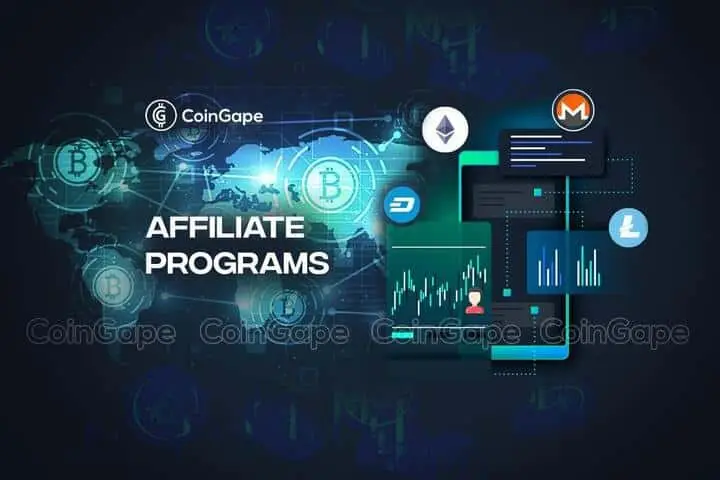Polygon Launches ChatGPT-Powered Guide to Web3.0
Polygon Copilot Caters to All User Levels
The beta launch was announced on Twitter earlier today by Polygon Labs. Polygon Copilot, as it is referred to, is an AI-powered guide trained on all public Polygon (MATIC) documentation and general Web3.0 content. With all of this information, it is able to offer important insights, analytics, and guidance across different aspects of the ecosystem.
It is specifically powered by Layer-E, a start-up focused on Web3 content monetization and OpenAI ChatGPT which was released a couple of months ago. Users can get information across several domains like Non-Fungible Tokens (NFTs), Decentralized Applications (DApps), gaming, Decentralized Finance (DeFi), and social networks via this tool, especially during an onboarding process.
It is designed in such a way that makes it easier for users to navigate whether they are serious builders, an enthusiast, or just a curious user. Also, it can effectively cater for the informational needs of all users, whether basic or advanced Features, all that is required from the user is “asking”.
To make it easier for users to ask questions, Polygon created a section for sample ChatGPT prompts.
Recommended Articles
More Pronounced Utilities
At the same time, it stores past chats to enable users to keep track of their conversation. However, the history is only avAIlable to users who connect their MetaMask account to the Polygon Copilot. The Polygon Copilot is a conversational AI that offers different personas for various users which have been carefully curated into three groups; beginners, advanced and degens.
According to the blockchAIn platform, the Polygon Copilot was conceived as a tool which will handle the complexities of the crypto sector in the zero-knowledge era “ZK”.
“In the era of ZK-powered scaling, navigating the vast ecosystem of dApps #onPolygon can become a challenge without a handy guide. Polygon Copilot, currently in Beta, provides quick responses, personalized onboarding experiences, code snippets, valuable insights, and analytics,” Polygon Labs tweeted.
This release comes barely a day after Polygon’s engineering team published a proposal to upgrade Polygon Proof-of-Stake (PoS) sidechain to a Layer-2 network secured by Ethereum (ETH) known as ‘zkEVM Validium’ in line with the Polygon. 2.0 vision.




